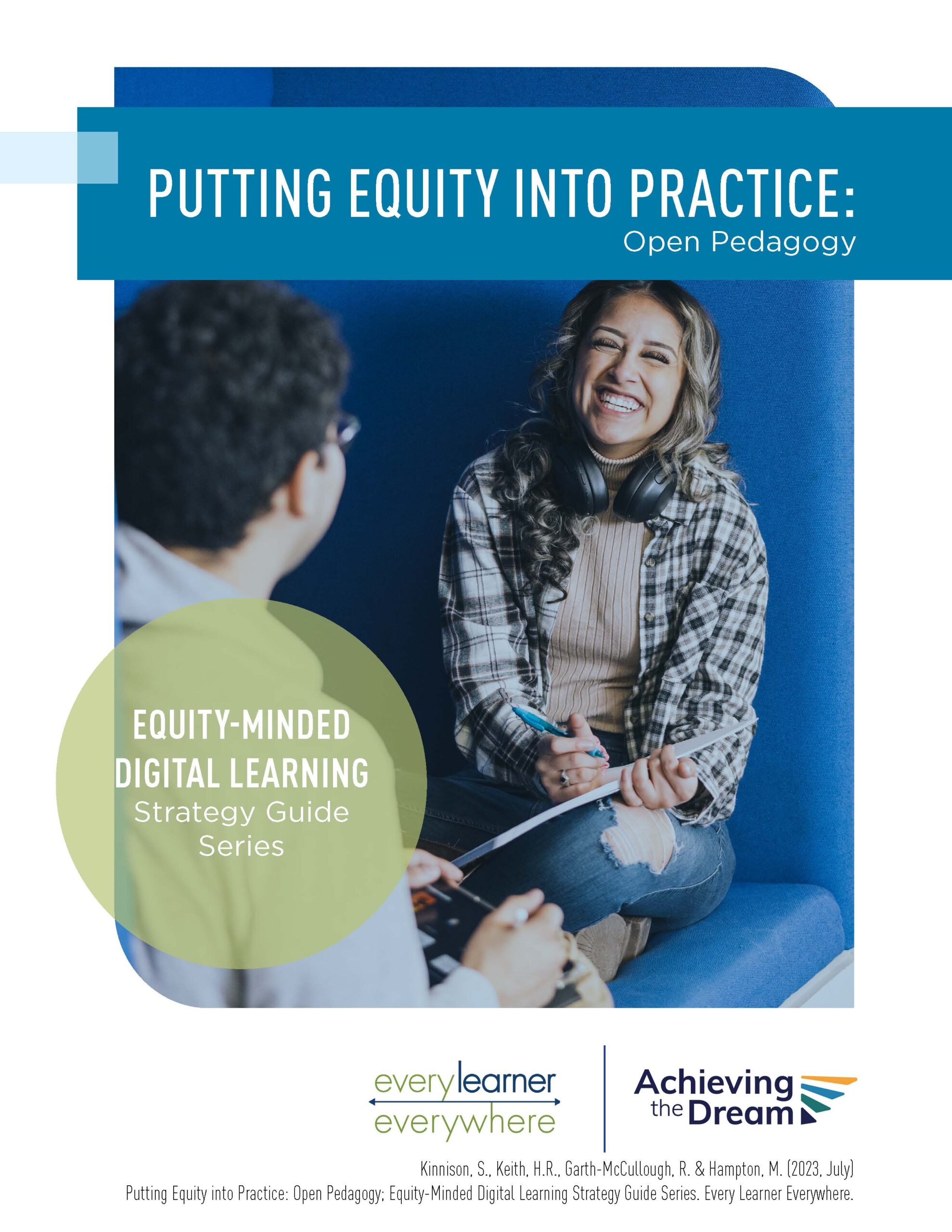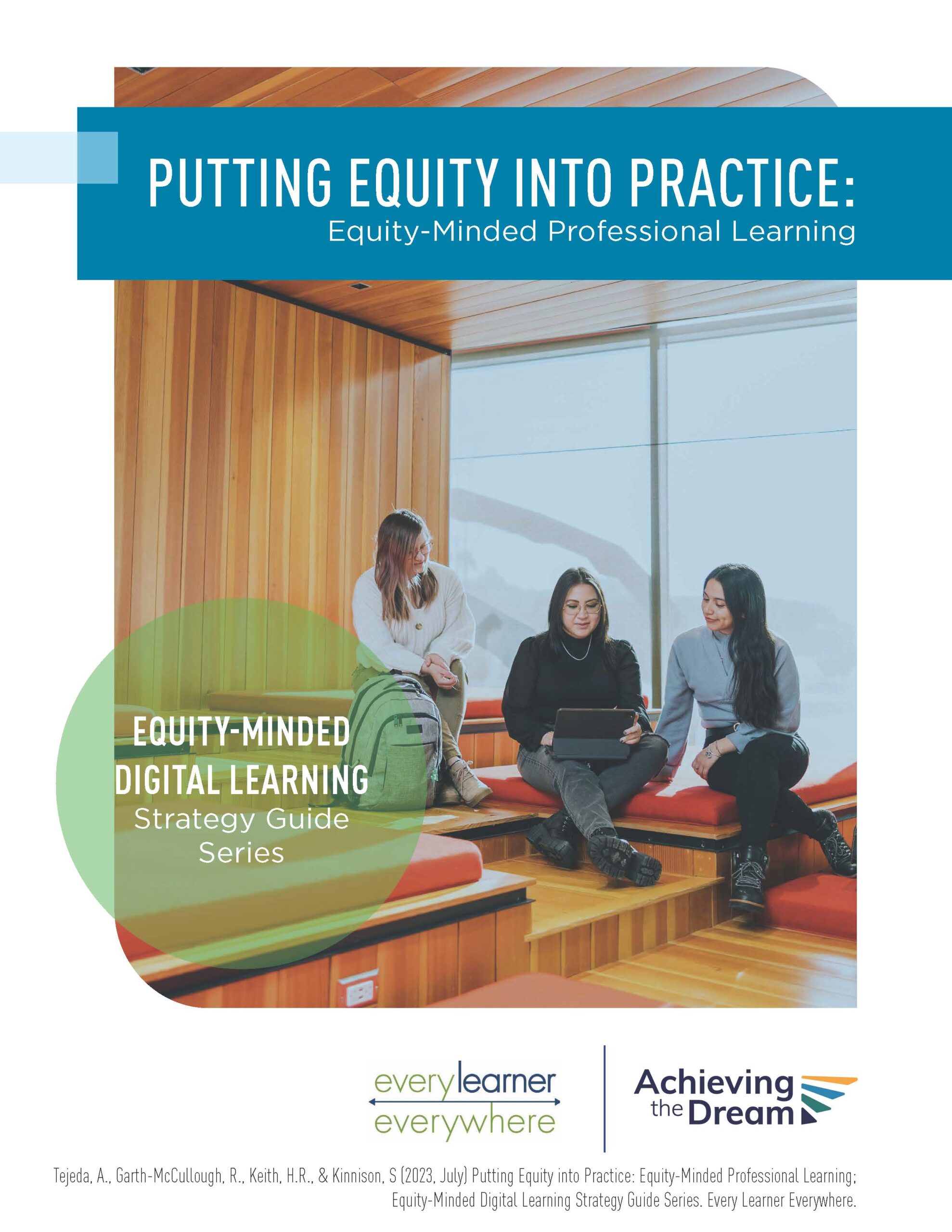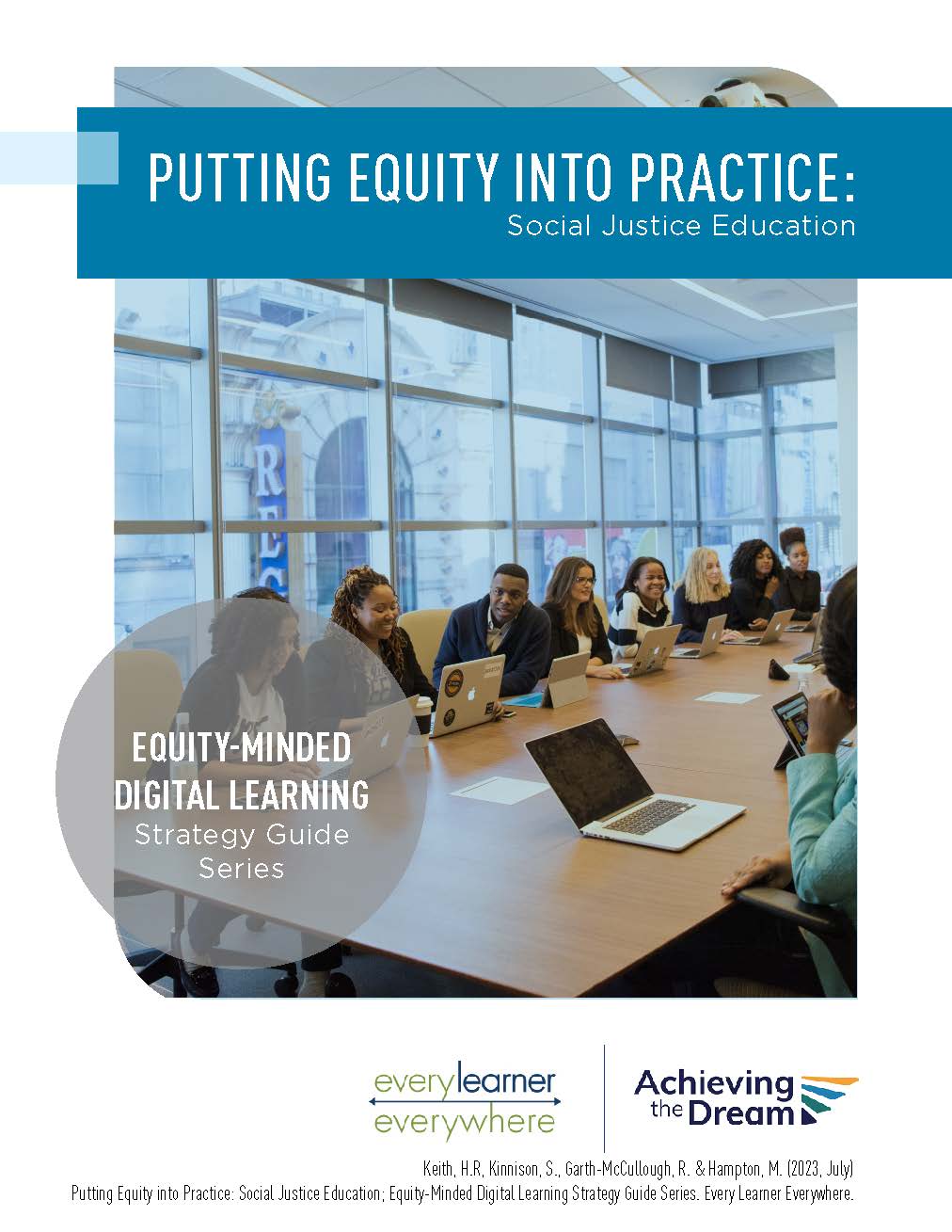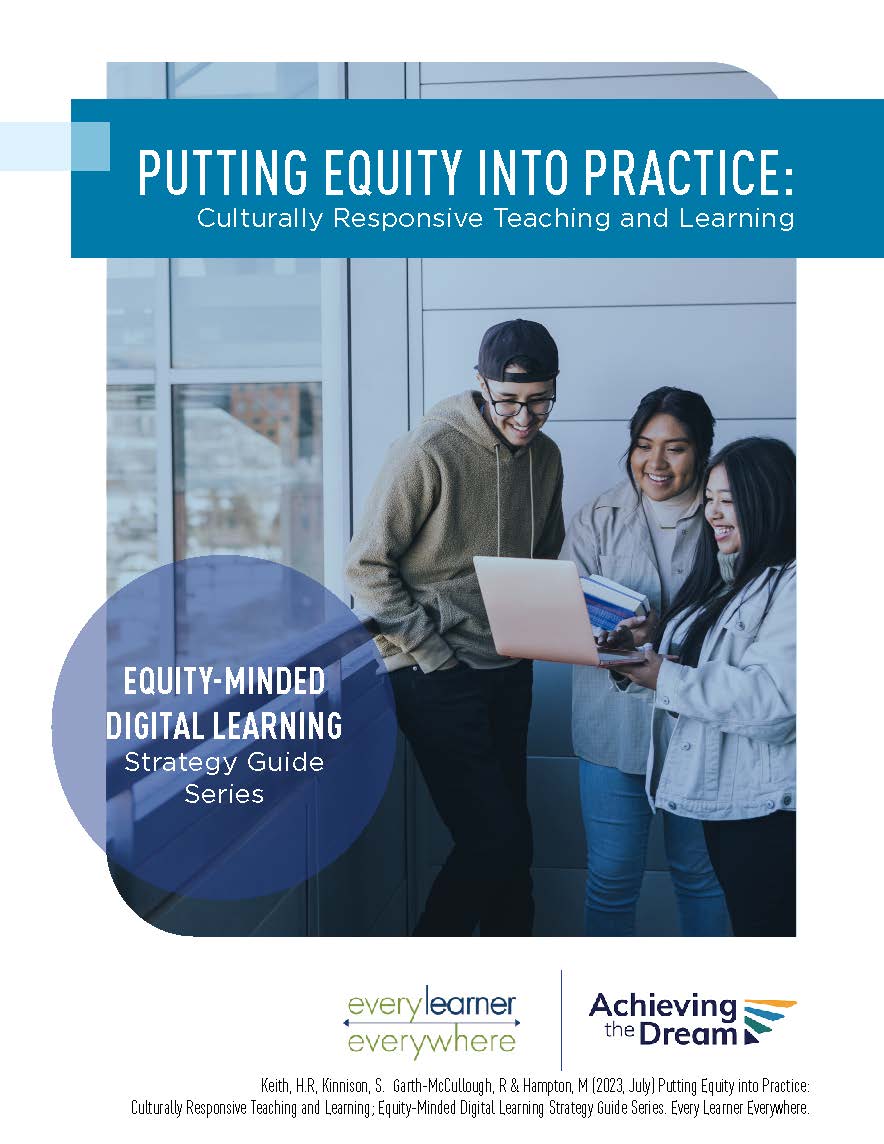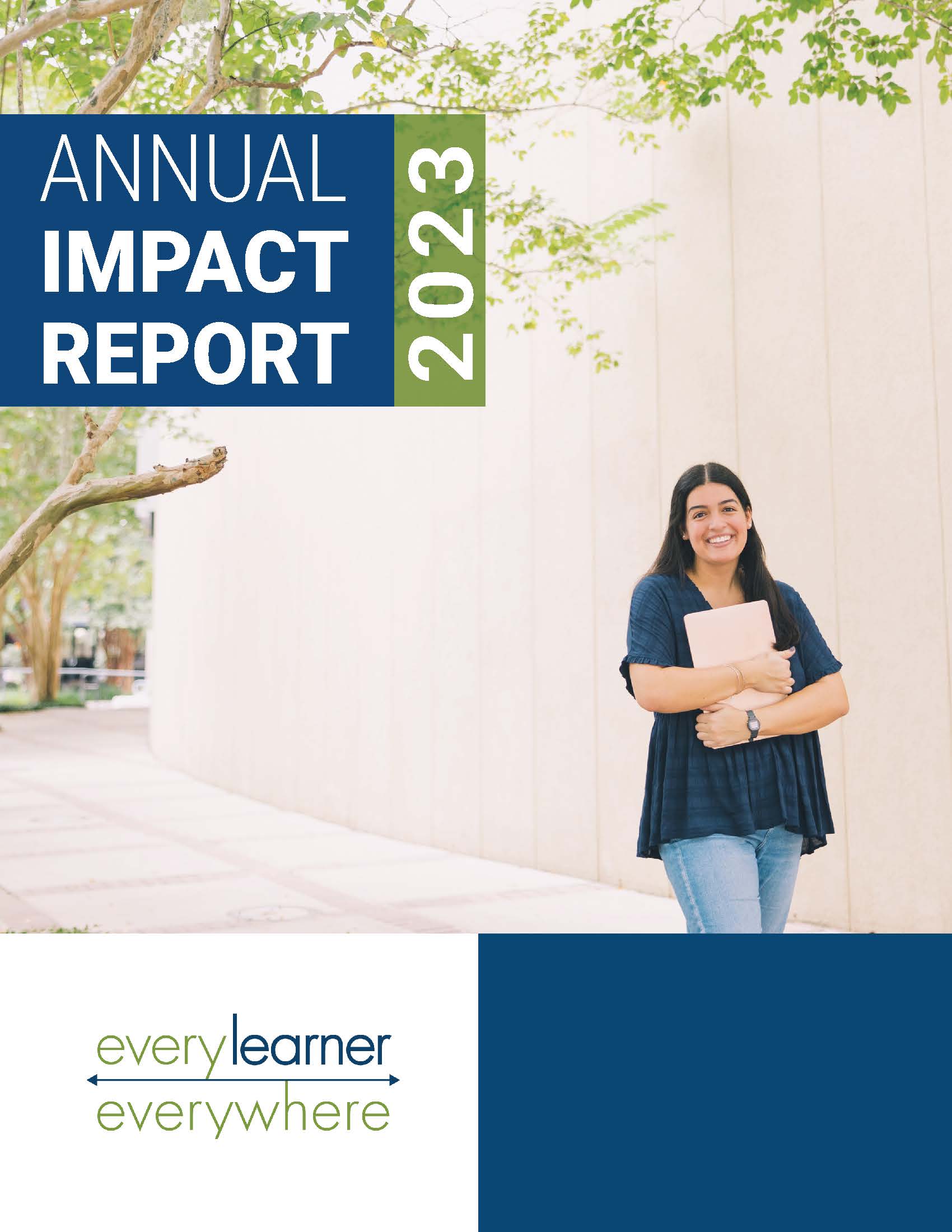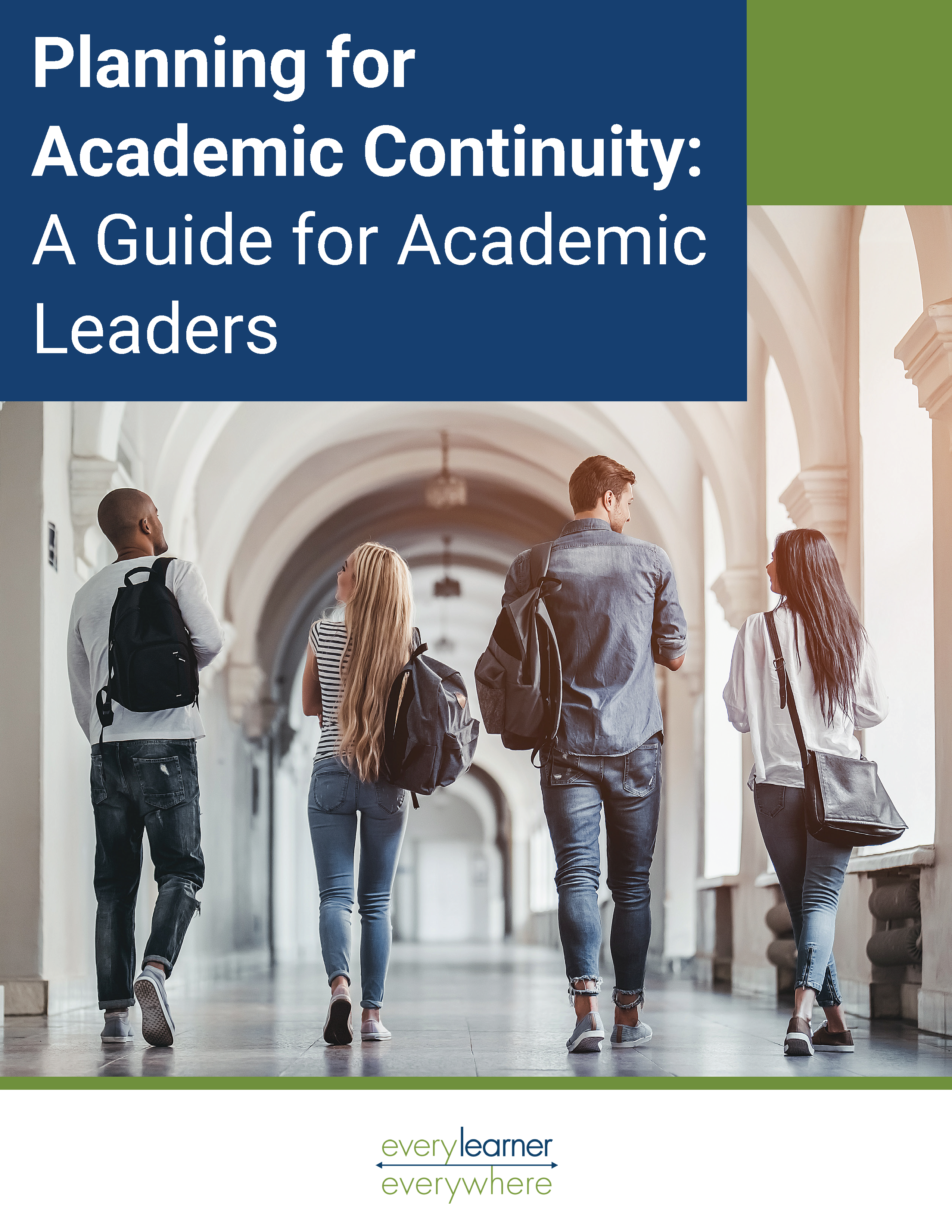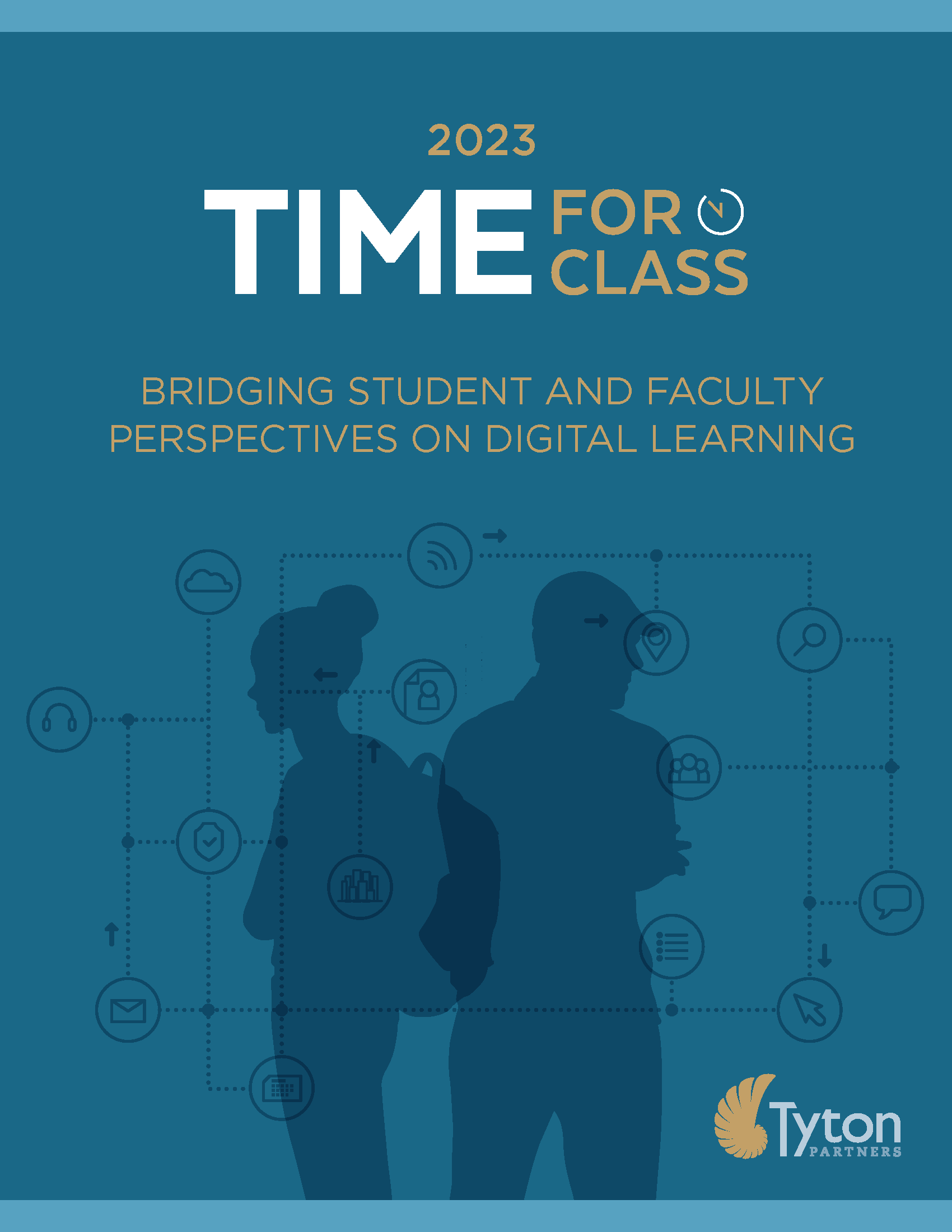Open pedagogy is an instructional approach that views learning as a participatory process that builds and refines as students and faculty actively engage in understanding the discipline. Faculty and learners move beyond a content-centered approach (Cronin, 2017) and engage in the creation and sharing of learning content. Rather than the familiar process of broadcasting information to students who then complete quizzes or papers to demonstrate understanding, with open pedagogy, students interact with the content, faculty, outside experts, and each other; relate learning to their lives; and place lessons within a wider social context to create artifacts of value beyond the classroom.
The student-centered focus and flexibility of open pedagogy makes it easy to approach it with an intentional focus on cultural responsiveness, supporting equitable student experiences and outcomes. Learners bring their whole selves to the learning environment (Pascivicius & Irvine, 2019) and Black, Latinx, Indigenous, and first-generation students bring their cultural identities and lived experiences with them into the context of the course, rather than leaving their authentic selves “at the door” as is the case with status-quo teaching methodologies. Being able to choose course design, content, assignments, assessments, and instructional approaches based on the context of the learners and the current events of the times allows students to relate all areas of the course to their lives and equitizes their experiences and outcomes.
This guide is designed to support faculty with operationalizing open pedagogy through a culturally responsive lens. The three main strategies presented are:
- Renewable assignments
- Co-created and student-generated content
- Open assessments
Watch a webinar on the resource, featuring faculty who practice open pedagogy.



